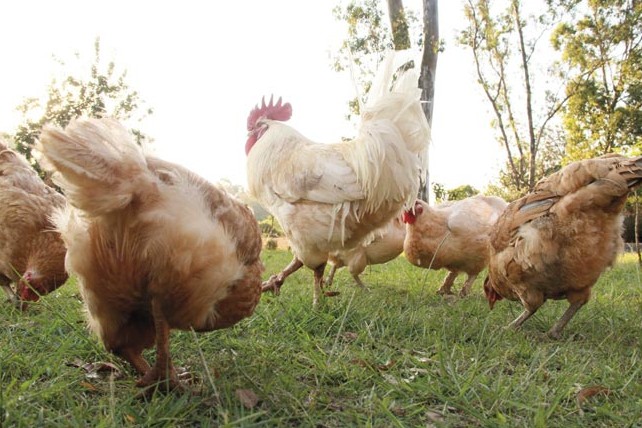By Bridget Mananavire
The recurrence of a deadly chicken virus — avian flu which in June forced the country’s largest poultry producer, Irvine’s to slaughter more than 140 000 birds — has sent panic among stockfeed companies.

This comes as Irvine’s, for the second time in three months, has been forced to introduce serious measures to protect its products, following another outbreak at one of its farms.
Chicken has overtaken beef as the main protein source among long-suffering Zimbabweans because of its competitive pricing.
Avian influenza, or avian flu, is a virus that occurs naturally among wild aquatic birds worldwide and affects domestic poultry and other birds and animal species.
Both Irvine’s and the Department of Veterinary Services say they are working round the clock to deal with the outbreak whose impact on the market is still to be ascertained.
Stock-feed manufactures, in light of the latest outbreak, have, however, warned that the situation might be dire if not controlled in time.
Grain Millers Association chairperson Tafadzwa Musarara said government should consider seeking international assistance before the situation gets worse.
“The bird flu has caused those in poultry farming to cull their chickens and if not contained, producers of stock feed will be the next victims of this outbreak. We hope that it will be contained as soon as possible.
“We are wondering what the genesis of this avian flu is and if not contained, it will affect the demand of stock feed,” warned Musarara.
“Currently, we are playing by the ear to see how this situation will be solved. But it is time for government to seek international assistance and nip this in the bud because if it spreads, it will be hard to build on the poultry numbers we have now.
“So far, there has not been a major impact on the stock feed companies but if it continues, we might see producers laying off workers and affect production,” he added.
Irvine’s referred this paper to the veterinary services.
The Department of Livestock and Veterinary Services said Lanark Farm, which belongs to Irvine’s, was the only farm that had been affected.
“Every effort is being made to prevent infection from escaping the establishment. The disease had initially been detected and confirmed on 24 May 2017 and the situation had stabilised following complete depopulation of affected poultry sites by 1st June 2017.
“The farm had been in quarantine under veterinary supervision since then and will now remain in quarantine for three months or until the disease is completely resolved,” the department said in a statement last week.
“The department is maintaining heightened countrywide clinical and serological surveillance in all commercial poultry production farms, live poultry markets and areas close to big water bodies. All poultry farmers and the general public are requested to report any incidences of high mortalities of domestic or wild birds to their nearest veterinary offices.”
During the last outbreak, Irvine’s chief executive David Irvine said the meat producer’s profitability was going to be “seriously” affected by its decision to cull 140 000 birds following an outbreak of the virus at its premises which killed 7 000 others.
“We are likely to have a lot of money written off the bottom line,” he said then.
The first outbreak of avian flu affected Irvine’s production of Day Old chicks forcing the company to engage the monetary authorities to granted special permission to import eggs for hatching from Europe.
It is not yet known how the latest outbreak has affected the small chicken growers and consumers. Daily News






